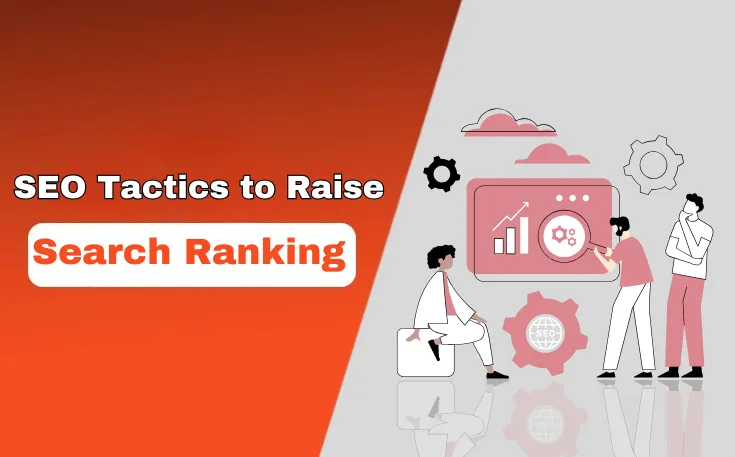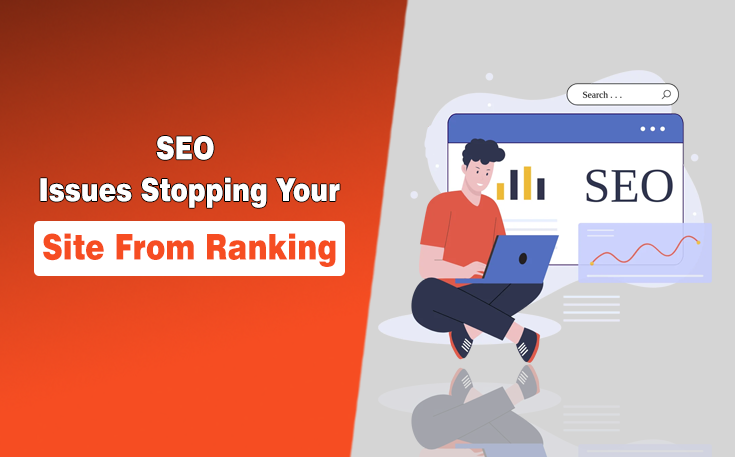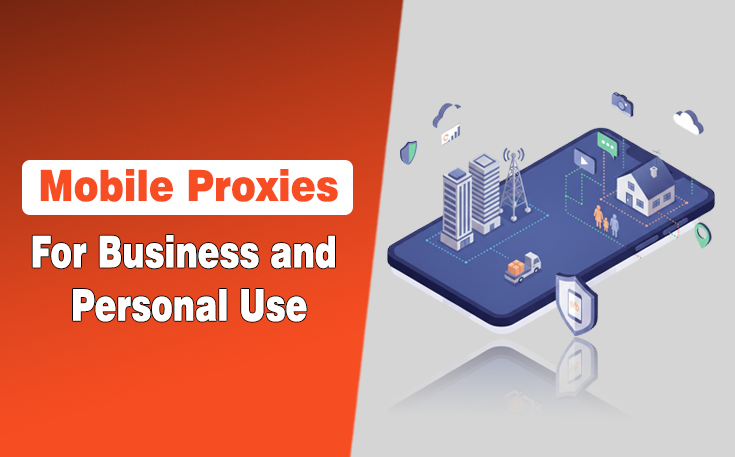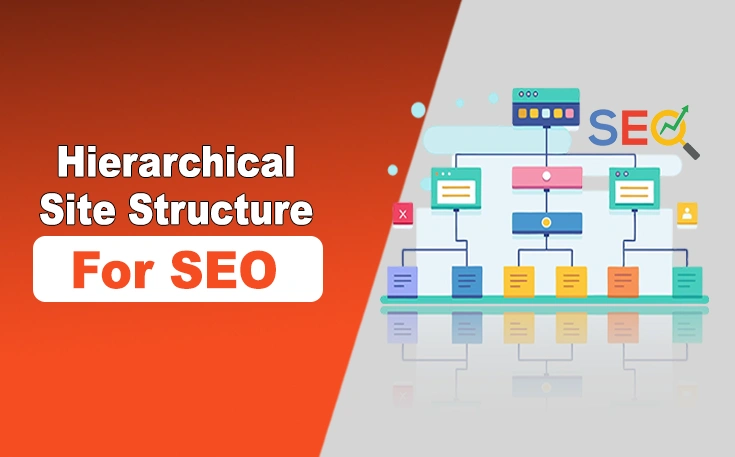Modern consumers are shifting to online shopping, thanks to advanced mobile technologies and high speed internet. That’s why, more and more businesses are moving to the online sphere by creating eCommerce websites and online stores.
- 56.1% of internet users worldwide aged 16+ make an online purchase each week
- There are over 28 million eCommerce stores worldwide in 2025

However, creating an eCommerce website is not enough; getting it in front of potential customers is the real game. This is where digital marketing comes into play.
Digital marketing plays a vital role in driving sales, enhancing brand visibility, and increasing customer engagement. A well-developed digital marketing strategy is essential for online stores to stay competitive, maximize conversions, and build customer loyalty.
In this guide, I will explore the most effective digital marketing strategies for e-commerce in 2025 to outpace your competitors.
Let’s begin!
Role of Digital Marketing in Ecommerce Success
Digital marketing is essential to the success of eCommerce because it increases brand awareness, brings in more visitors, and turns potential buyers into loyal customers. Search engine optimization (SEO), social media marketing, email ads, and pay-per-click advertising are just a few digital marketing techniques that businesses need to reach their target audience effectively.
Digital marketing lets eCommerce sites reach & interact with users right away, analyze how they use the sites, and tailor their experiences to each customer, which makes shopping easier and more appealing.
Digital Marketing Strategies for E-commerce in 2025
Here is a complete breakdown of the most effective digital marketing strategies for eCommerce in 2025 and beyond.

SEO Strategies for E-commerce
eCommerce SEO is the best way to drive organic traffic to e-commerce websites. Google’s AI-powered algorithms prioritize search intent, user experience, and high-quality content.
Here’s how e-commerce businesses can optimize their SEO strategies for 2025:
1. Optimizing for AI-driven Search Engine Algorithms
Google’s AI-driven algorithms focus on semantic search, which means understanding user intent instead of matching exact keywords.
E-commerce businesses should:
- Implement semantic SEO: Focus on answering specific queries instead of keyword stuffing.
- Optimize for voice search: With voice assistants like Google Assistant and Alexa growing, conversational queries are crucial.
- Utilize structured data markup: Rich snippets enhance product visibility in search results.
2. Mobile-First Indexing & Core Web Vitals
Mobile commerce continues to dominate. Which means e-commerce websites must focus on mobile-friendly experiences. Mobile optimization strategies for eCommerce include:
- Improve page speed: Use technical SEO tips to compress images, enable lazy loading, and eliminate unnecessary code to make pages load faster.
- Enhance mobile navigation: Ensure user-friendly menus, filters, and search functionalities that work properly on mobile devices.
- Focus on Core Web Vitals: Google’s ranking factors prioritize Largest Contentful Paint (LCP), First Input Delay (FID), and Cumulative Layout Shift (CLS). eCommerce websites must focus on CWVs to improve user experience.
- Integrate mobile-friendly features: Technologies like QR codes can bridge offline and online customer journeys. With tools like The QR Code Generator, brands can create scannable, mobile-optimized experiences that enhance user engagement and drive conversions.
3. High-Quality Content & Product Page Optimization
Detailed and optimized product pages increase conversions. It helps both users and search engines understand your offerings. eCommerce businesses should:
- Create compelling product descriptions: Use persuasive language enriched with relevant keywords to tell about your products.
- User-generated content: Feature customer photos, social media reviews, video testimonials, and real-world product usage to boost user confidence and build trust.
- Implement an intuitive checkout process: Reduce friction to minimize cart abandonment and increase sales.
4. AI-Powered Chatbots & Hyper-Personalization
Artificial intelligence enhances customer experiences in this model online shopping sphere. eCommerce businesses should:
- Use AI-driven chatbots: They provide instant assistance and improve engagement to build a loyal customer base.
- Leverage predictive analytics: Recommend products based on browsing history and user preferences to help users make buying decisions easily.
By implementing these SEO tactics, e-commerce businesses can boost rankings, improve visibility, and attract more targeted traffic.
Content Marketing for E-commerce Growth
Content marketing establishes authority and improves brand engagement. A strategic content plan boosts organic traffic and conversion rates.
1. Blogging – Building Authority & Engagement
Publishing valuable, informative and useful content builds brand trust. eCommerce brands should:
- Write in-depth how-to guides: Educate users on product applications and features.
- Develop comparison articles: Help customers make informed buying decisions when they stuck among different options available.
- Integrate EEAT elements into content: Authenticity improves rankings and user trust to boost the e-commerce brand.
2. Video Marketing – Boosting Customer Engagement
Video content dominates e-commerce marketing as short form video content is very much popular among modern consumers. To get more from video marketing, brands must:
- Create interactive shoppable videos: It enables direct purchases via embedded links in videos like Instagram Reels and TikTok videos.
- Use live streaming: Host product launch events on TikTok Shop and Instagram Live to create hype.
- Collaborate with influencers: Increase engagement through authentic endorsements by hiring influencers with a large following.
3. Email Marketing & AI-Driven Personalization
Personalized email marketing nurtures customer relationships and keeps them around for longer. To get better outcomes, eCommerce brands should:
- Segment audiences based on preferences: Tailor content for different customer demographics.
- Send abandoned cart recovery emails: Recover lost sales effectively.
- Offer exclusive discounts: Encourage repeat purchases through loyalty programs.
Paid Advertising Strategies for E-commerce
Paid advertising accelerates growth, enhancing brand visibility and direct conversions for eCommerce websites in 2025. Some effective paid advertising strategies are:
1. Google Ads & Smart Bidding
Google Ads and AI-powered bidding strategies improve ad performance. Online businesses can:
- Use Performance Max campaigns: Optimize results across different channels for increased conversions.
- Implement retargeting ads: Engage past website visitors to present them with the most relevant offers.
- Create dynamic product ads: Showcase relevant products to interested users and encourage them to buy.
- Use Ad Fraud Protection Tools: Software like ImpersonAlly can be used to prevent ad fraud and make sure each penny is spent on the right and converting clicks.
2. Social Media Advertising & Influencer Collaborations
Social ads are an effective way for e-commerce brands to increase sales. They should:
- Run engaging Instagram and Facebook ads: Utilize carousel formats for increased interaction and conversions.
- Use TikTok Ads: Tap into younger audiences for viral growth and boost social sales.
- Partner with industry influencers: Boost credibility through user-generated testimonials by working with top industry influencers.
Emerging Digital Marketing Trends for E-commerce in 2025
1. AI & Machine Learning for Personalized Experiences
AI-driven marketing refines engagement strategies in 2025. eCommerce businesses should be using advanced AI tools to:
- Predict customer behavior patterns: Analyze shopping habits and personalize shopping experience for each customer.
- Automate content recommendations: Deliver personalized suggestions to help customers find the stuff they need.
2. Augmented Reality (AR) Shopping Revolution
AR enhances the online shopping experience in many ways. Modern eCommerce brands can:
- Provide virtual try-ons: It helps customers visualize products from the comfort of their homes before purchasing.
- Develop 3D interactive product models: It improves decision-making accuracy and helps customers make wise buying decisions.
3. Sustainability & Ethical Marketing
Modern consumers prioritize eco-friendly brands. Thats why, eCommerce business should:
- Emphasize sustainable packaging: This not only reduce environmental impact but encourage sustainability among customers.
- Support social causes: Build stronger brand connections to support social issues and causes for good.
To Sum Up
Effective digital marketing in e-commerce today is built on innovation, personalization and trustworthiness. If businesses improve SEO, make use of paid advertisements and follow new trends, they will do well in the digital market.
Brands in e-commerce should pay attention to user experience, make sure their sites are credible and include AI in what they do. Leading the competition helps your business continue to prosper, achieve higher sales and be trusted by customers for the long run.
Need custom app with amazing features?
Get a Quote




